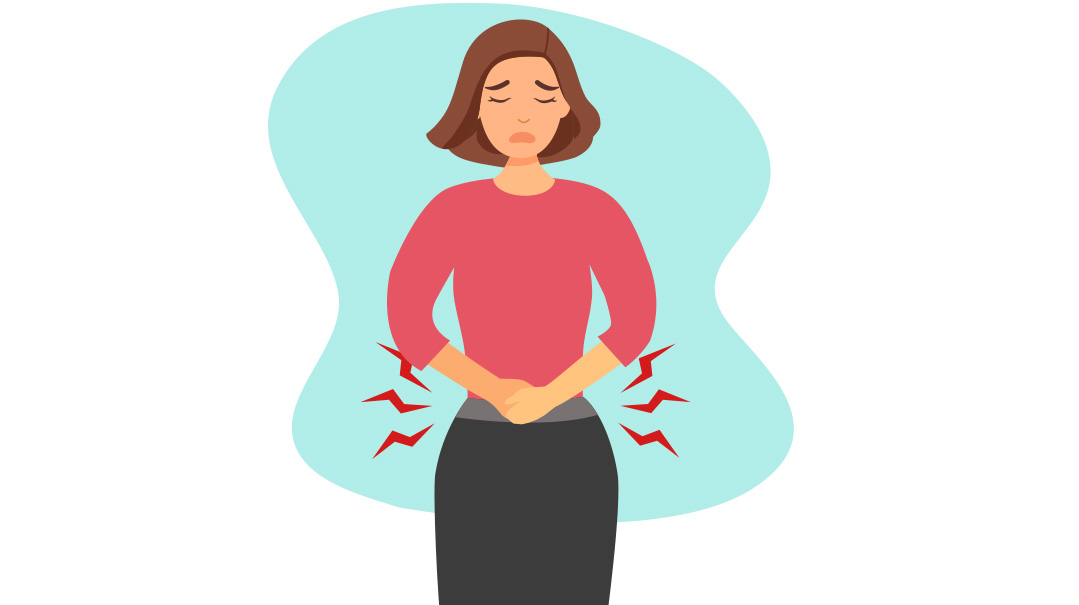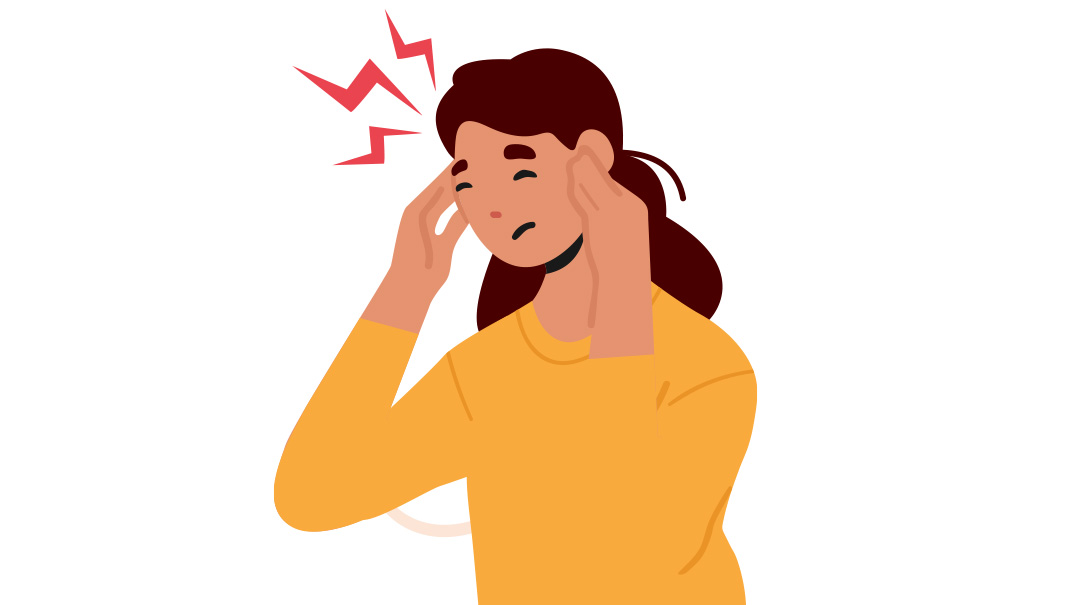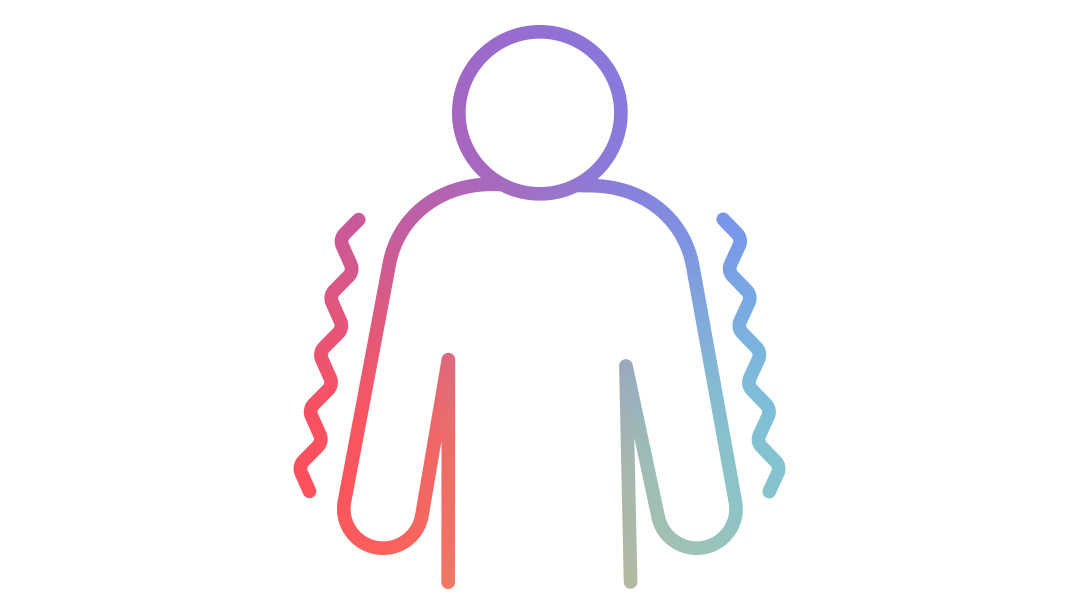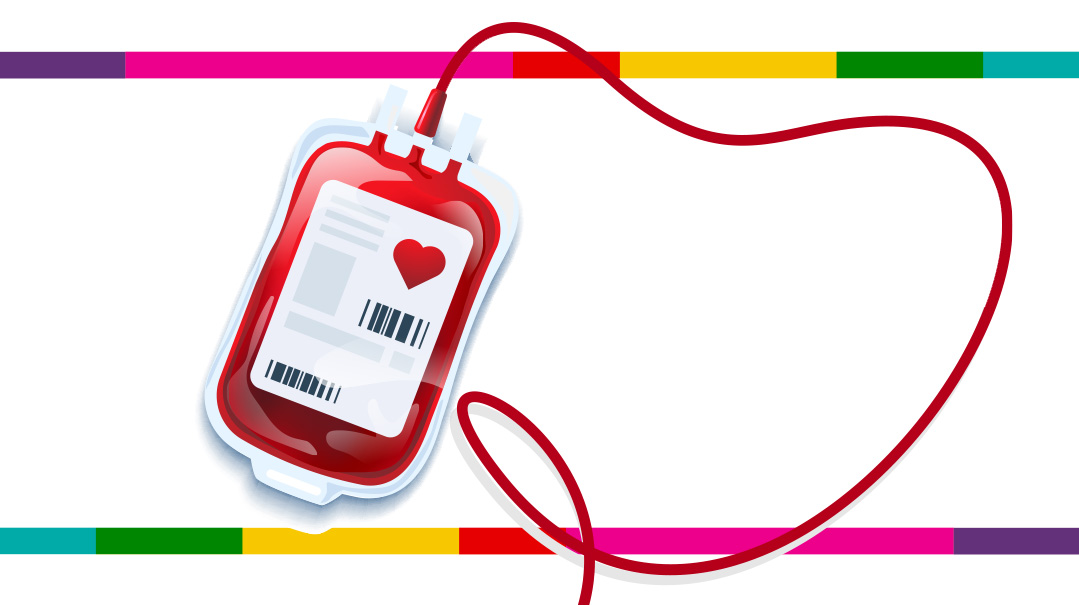Gerd
| April 3, 2023Guess what? This doesn’t only happen to babies. It can happen to kids, teens, and adults as well
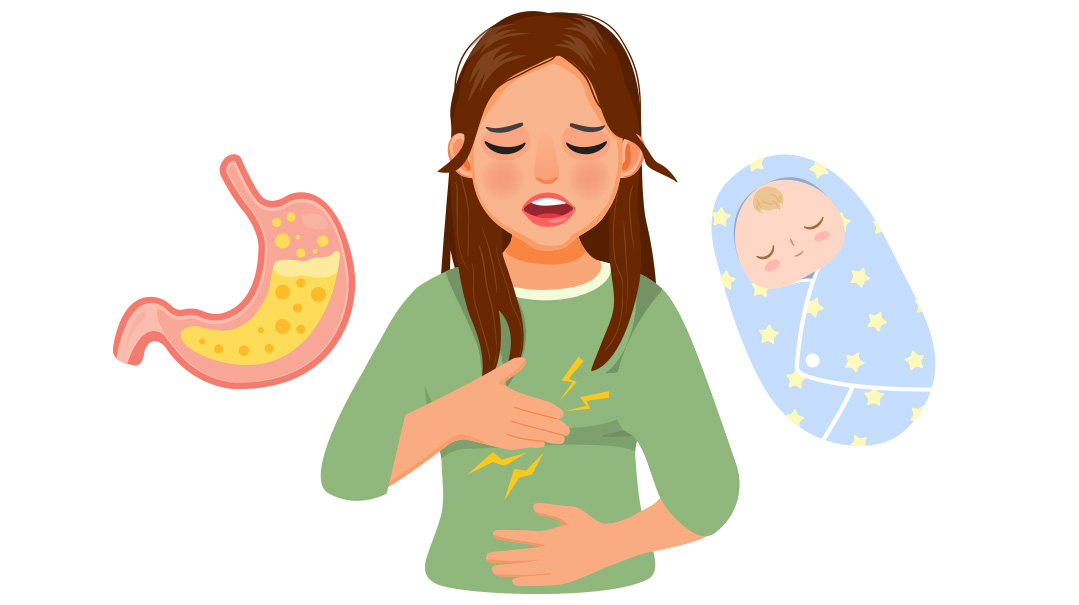
Not Just Babies
You might have once held a baby who proceeded to spit up on your clothes. That happens when part of a baby’s feed comes up from his stomach and back out the way it came in (often a little more curdled, due to the presence of stomach acid and digestive enzymes). But guess what? This doesn’t only happen to babies. It can happen to kids, teens, and adults as well. The cause? Something called reflux: when food and acid from the stomach travel up through the esophagus (basically going against the traffic — they’re supposed to move down, not up).
GERD
If you experience reflux on a regular basis — at least twice a week or even as often as after every meal — you should see your doctor. You might be diagnosed with Gastroesophageal Reflux Disease, otherwise known as GERD. This means your reflux is frequent and probably causes you significant discomfort. Sometimes, your pediatrician or regular GP will diagnose and treat your reflux. Other doctors prefer to refer patients with suspected GERD to a gastroenterologist, a specialist who treats patients with problems in the digestive system. The diagnosis might be made based on symptoms alone, while other times, diagnostic tests are used to see what is going on inside to decide how severe the reflux is and what the best treatment would be.
How Can I Tell if I Have Reflux?
Most people occasionally experience reflux, especially after a heavy, greasy meal — think one Yom Tov meal after another! When you have reflux, you may experience several uncomfortable symptoms, primarily a pain in the chest known as heartburn and a burning sensation in your throat. The stomach acid causes this burning — did you know that the stomach has a special lining to protect it from this caustic stuff? Your esophagus doesn’t have the same lining, so stomach acid burns.
You might also experience some of these other signs and symptoms, which can all be caused by the presence of irritating acid reflux:
- A sour or bitter taste in the mouth
- Frequent burping
- A tickly, annoying, dry cough in the back of the throat
- Sore throat
- Hoarse voice
- Feeling that food is stuck in the back of your throat or even a feeling of choking
- Bad breath
- Treatment Options
If you have reflux occasionally, you might want to figure out which foods cause your symptoms and avoid those foods. Even if you have GERD, doing this might be enough to prevent most of your discomfort. Foods that commonly cause reflux include citrus fruits, like oranges; chocolate (so sorry!); caffeinated foods and beverages (there goes your coffee, too); garlic and onions; peppermint; spicy, hot foods; fried and fatty foods (this is no fun, right?); and tomatoes, as well as foods containing tomatoes, like tomato-based sauces and pizza. I know, it’s totally depressing. But staying away from these foods can help you feel better.
If avoiding these foods, and any other trigger foods, doesn’t seem to make enough of a difference, or if your GERD is severe, your doctor may prescribe medication. There a few different kinds of medicines to try, and your doctor will work with you to decide which one will be the best. Some meds reduce acid production, others prevent the acid from traveling up the esophagus, and still others cause the stomach to empty more quickly, thus preventing hours of acid reflux.
A combination of avoiding problematic foods and medication as needed can help you live comfortably along with your GERD. Besides for not eating chocolate, that is.
DID YOU KNOW?
Untreated GERD can cause permanent, painful damage to your esophagus.
Eating small meals can help prevent reflux.
Avoiding lying down or going to sleep for two to three hours after eating can also help relieve symptoms, as can sleeping on a bunch of pillows. You can even buy a special wedge-shaped GERD pillow. Ask your doctor if that’s a good idea for you.
(Originally featured in Teen Pages, Issue 956)
Oops! We could not locate your form.

